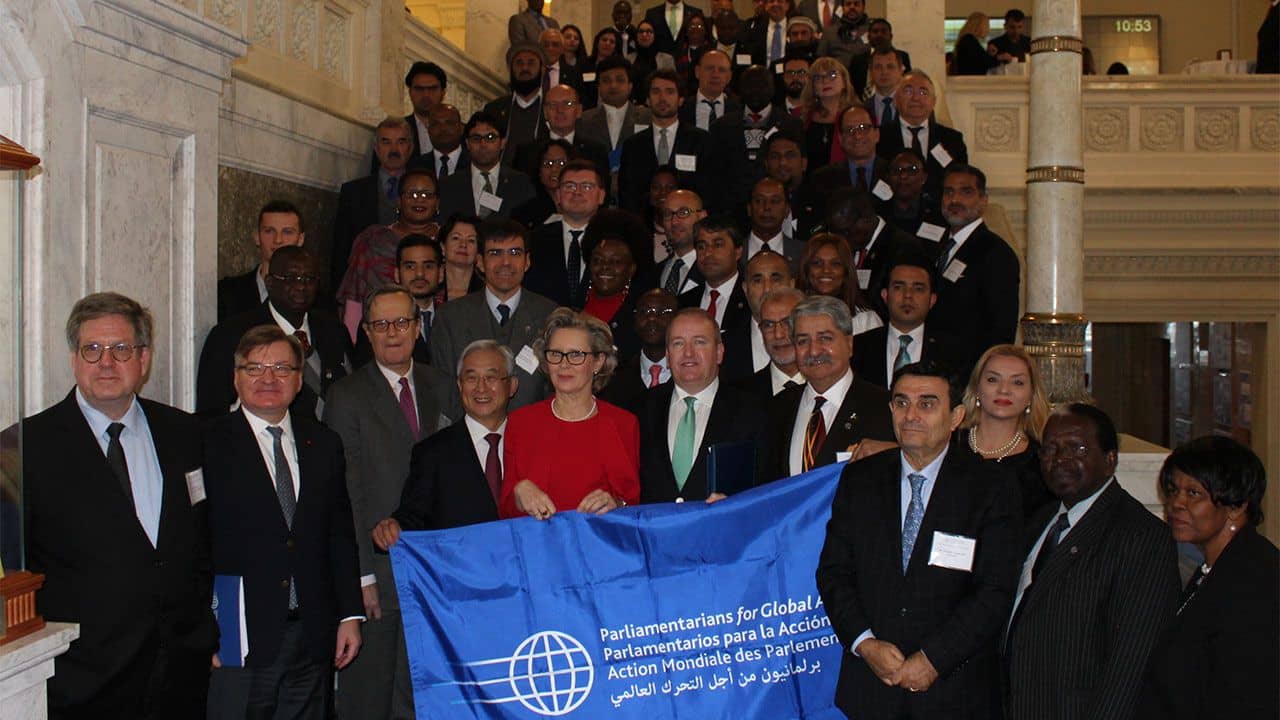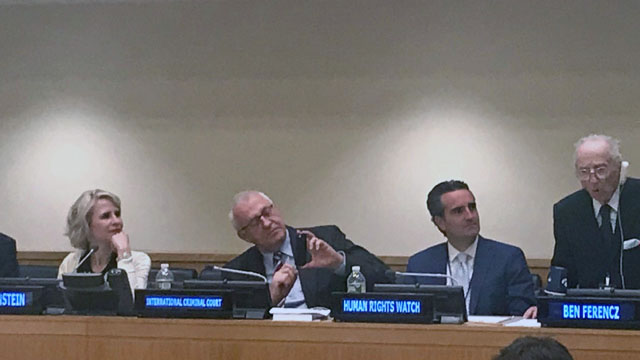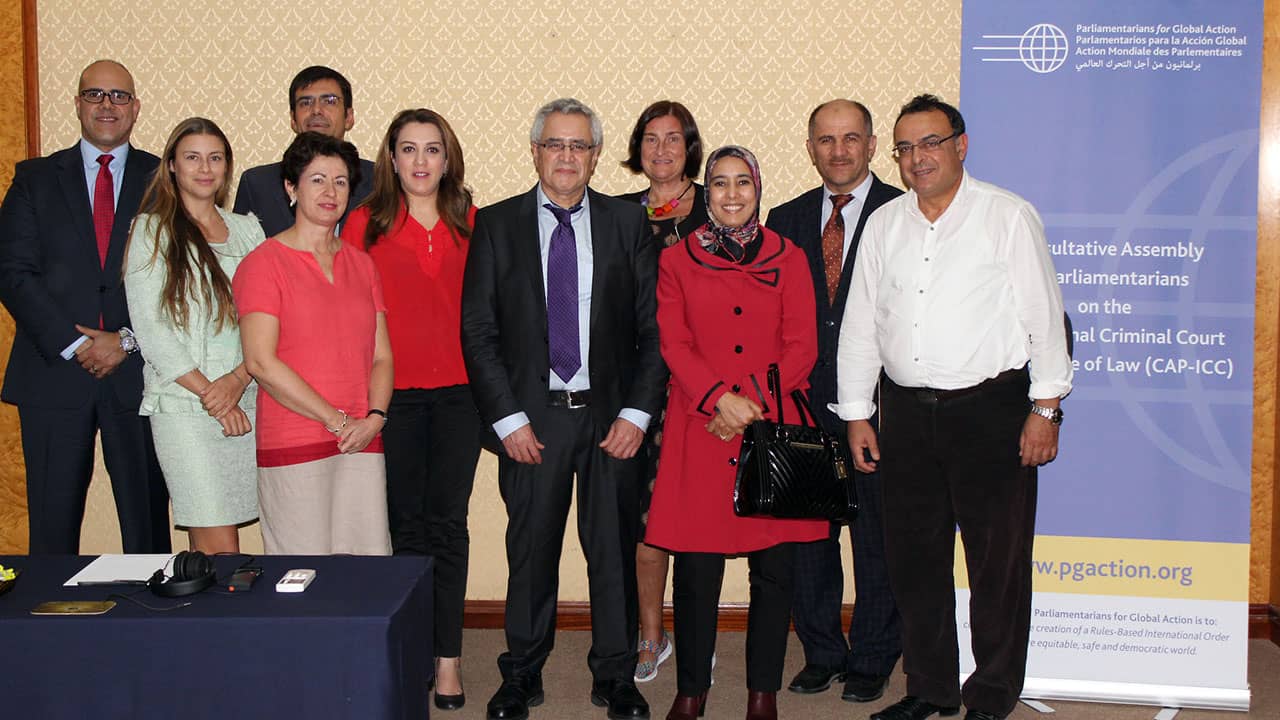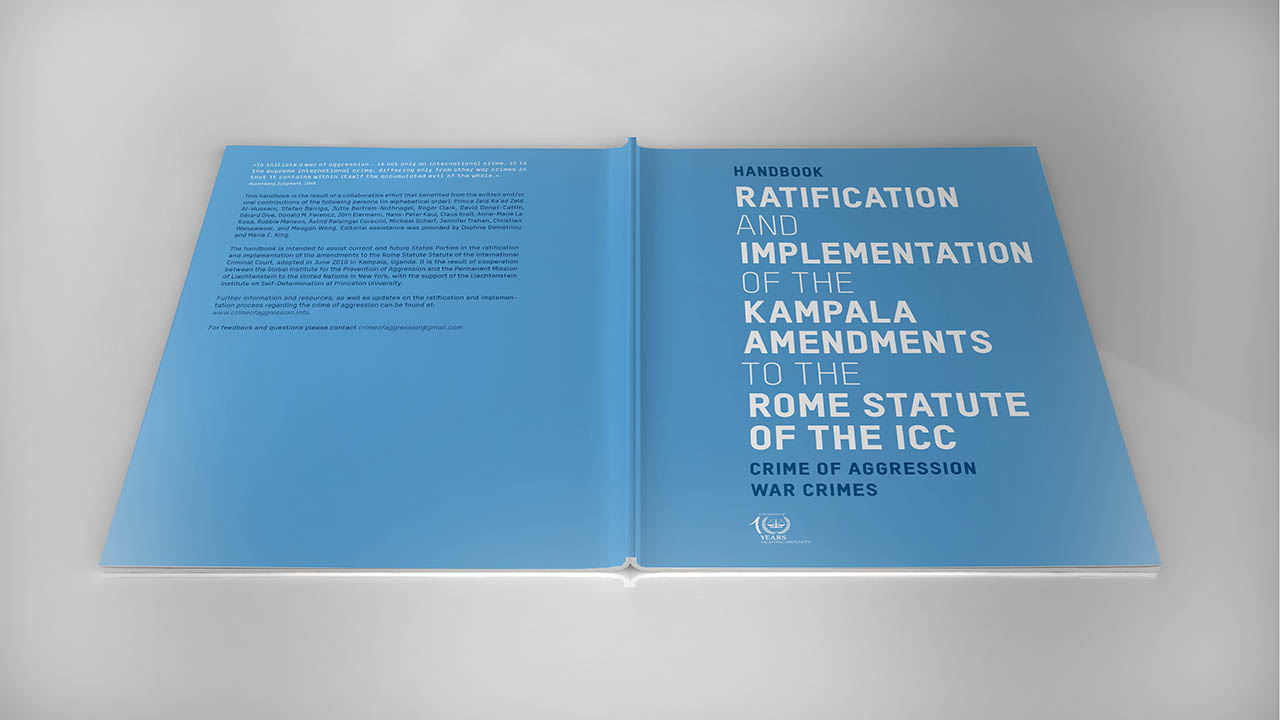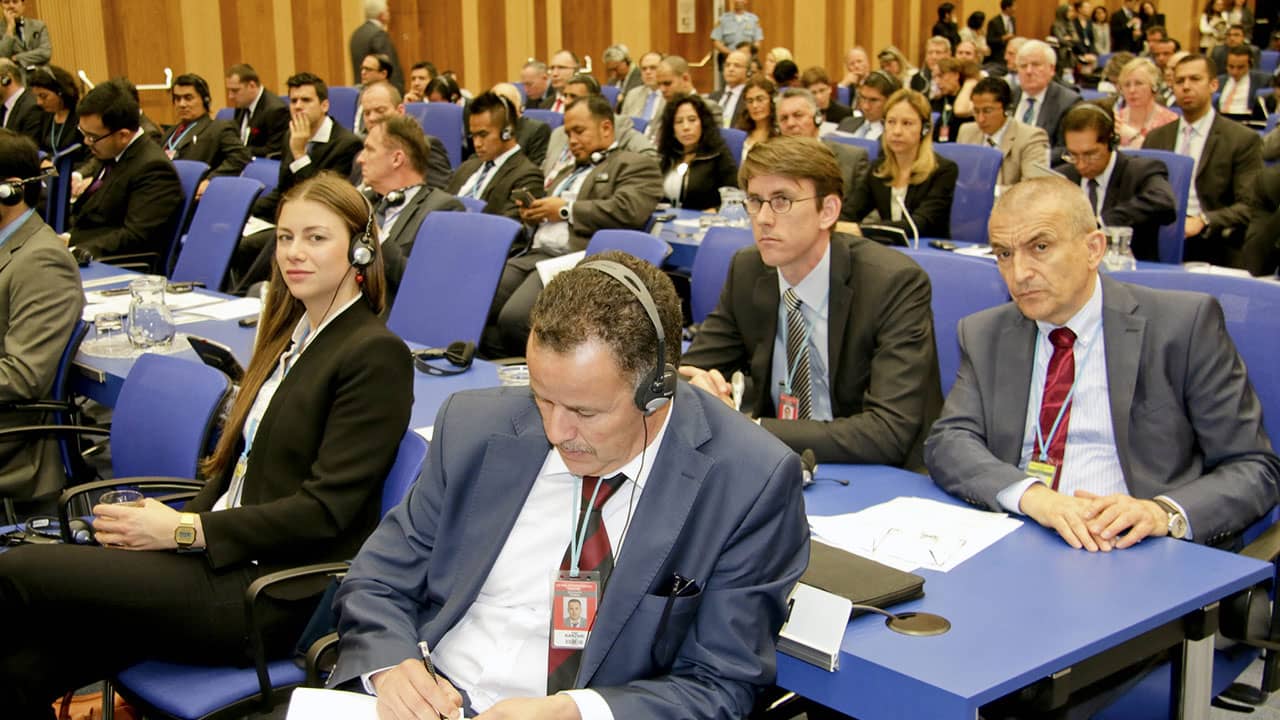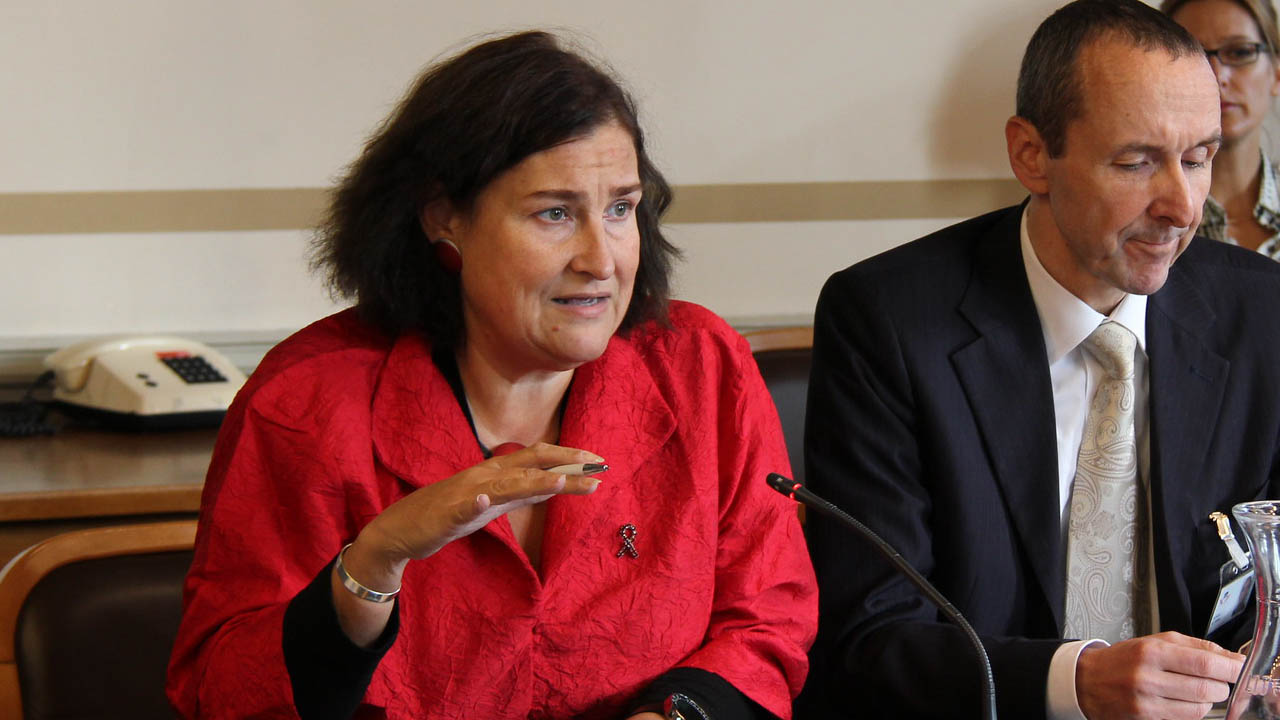Status of the Rome Statue
Austria signed the Rome Statute on 7 October 1999 and deposited its instrument of ratification on 28 December 2000.
On April 29th, 2014, the Austrian Parliament (upper house) voted in favor of ratifying the Kampala Amendments. The parliament voted unanimously in regards Resolution 5 amending article 8 of the Rome Statute on War Crimes; and against the opposition party regarding the Amendments on the Crime of Aggression (Res.6, Art. 8bis, 15bis and 15ter).
Our leading member in Austria, Ms. Petra Bayr MP, has been working tirelessly on this with posing questions to the government, mobilizing MPs in Austria and raising awareness amongst the media.”
Kampala Amendments
Austria ratified the Kampala Amendments on 17 July, 2014.
Ratification of the Agreements on Immunities and Privileges
Austria signed the APIC on 10 September 2002 and ratified it on 17 December 2003.
Status on the domestic implementation of the Rome Statute
The Austrian parliament unanimously approved the Cooperation Law on 10 July 2002, which entered into force on 1 October 2002 (Austrian Federal Law Gazette I Nr.135/2002). This law incorporates full the provisions on cooperation contained in Part 9 of the Rome Statute, and on enforcement of sentences contained in Part 10.
On 27 October 2005, Austria signed an Agreement with the ICC on the Enforcement of Sentences (Austrian Federal Law Gazette III Nr. 201/2005).
On the basis of Article 9 of the Federal Constitutional Law the norms contained in the Rome Statute are part of Austrian Federal Law. The Austrian Penal Code contains the definition on genocide, but lacks the definition of crimes against humanity, war crimes, and crime of aggression as contained in the Rome Statute. Since 2008, the Austrian Government has been working on the drafting of legislation to incorporate fully the substantive norms of the Rome Statute.
Section 64 para. 1 subparas. 4, 5, 6, 9 and 10, and Section 65 para. 1 subpara. 2, of the Austrian Penal Code (Austrian Federal Law Gazette Nr. 60 /1974, as amended) provides for universal jurisdiction. Universal jurisdiction is provided for a non- exhaustive list of offences, such as acts of slavery, trafficking in human beings, counterfeiting, piracy and terrorism. .
Agreement on Privileges and Immunities of the Court (APIC)
Austria signed the APIC on 10 September 2002 and ratified it on 17 December 2003.
Additional Agreements
Austria signed an Agreement with the ICC on the Enforcement of Sentences on 27 October 2005, becoming the first state to sign such an agreement with the Court. The agreement entered into force on 26. November 2005 (Austrian Federal Law Gazette III Nr. 201/2005).
On 10 July 2002, the Law on Cooperation with the ICC was unanimously approved by the Austrian Parliament, which provides the legal basis for complying with requests of the ICC for the surrender of persons and for other forms of assistance. By way of this law, and with a view to enforcing prison sentences imposed by the Court, Austria can accept convicted persons on its territory. The ratification bill was signed by the Federal President after parliamentary approval and entered into force on 1 October 2002 (Austrian Federal Law Gazette I Nr.135/2002).
Section 42 of this law on Cooperation with the ICC, provides for the execution of reparation orders of the ICC for victims. If the ICC requests so by an order or decision, reparations can be executed in Austria. However, there are no rules dealing specifically with reparations for crimes under the Rome Statue (general rules for ordinary crimes apply).
As a member of the European Union the Austria is bound to implement the EU Common Position on the ICC and its 2011 action Plan (for more information click here. Furthermore the UK is a signatory of the revised EU-African, Caribbean and Pacific Community (ACP) Cotonou Agreement (for more information on the work of PGA within the ACP-EU mechanism click here.)
The non-surrender agreement with the US was publicly rejected.
Progress and PGA Activity
On 29 - 30 May 2006, Briefings for CIS Parliamentarians and Delegates, University of Salzburg, Austria. This event was organised by PGA in the framework a broader cooperation between the Campaign for the Rome Statute of the ICC and the Austrian rotating Presidency of the EU, which organised in Salzburg on the same dates a conference with representatives of former USSR countries on the ICC, regarding which PGA promoted the participation of active MPs from Armenia, Georgia and Russia.
Human Rights Council Universal Periodic Review:
Within the UN Human Rights Council Universal Periodic Review (UPR) 1st cycle, Austria has been a staunch promoter of the universality of the Rome Statute. It has recommended to 8 states (Armenia, Cote d'Ivoire, Kuwait, Kyrgyzstan, Maldives, Ukraine, Myanmar, United States) to consider the ratification of the Rome Statute as a human rights objective.

